ArcelorMittal Kryvyi Rih is one of Ukraine’s industrial giants. How do you balance the needs of national resilience with maintaining a competitive global footprint?
No one wanted to believe that what eventually happened would actually begin. Yes, the war in Ukraine began in 2014. And since then, everyone has more or less learned to live with it. Since 2014, 17 of our employees were killed in the Anti-Terrorist Operation (ATO).
In 2022, everyone understood that it was a partially "frozen" conflict, but still hoped that a full-scale invasion would not happen. However, Kryvyi Rih was bombed at 5 o’clock in the morning. At that point, it became hard to deny or disbelieve the reality.
Like the rest of Ukraine, we survived and learned to work under conditions unimaginable before the war — during blackouts, limited water supply, missile strikes, and air raid alerts. Since the beginning of the war, despite a 2–3-fold drop in production volumes, we have not fired a single employee. We preserved our staff and equipment and are ready to actively participate in the post-war reconstruction of the country.
Over the past two years, we have, one way or another, established and optimized our production footprint — tightening, of course, everything we could in terms of costs. We have also worked on strengthening our market position. Right now, we are experiencing a decline in prices, and this is happening against the backdrop of the highest electricity prices in Europe — in Ukraine — in H1 2025. This negatively affects our competitiveness.
The war has actually consumed all our resources. For the third year in a row, the company has been generating negative cash flow. Our main goal now is to reach break-even. We plan to achieve this by strengthening our production capacity.
How has the geopolitical situation in Ukraine impacted the company’s operations and strategic planning?
Overall, planning has become more short-term. Decision-making has accelerated significantly. It is very difficult to talk about strategy in a global sense, as the war continues and imposes enormous risks on all production processes — and on the life of the company, the city, and our employees as a whole.
ArcelorMittal Kryvyi Rih is the largest mining and metallurgical company in Ukraine, and it is located quite close to the front line. Kryvyi Rih was one of the first cities to experience the profound impact of Russia’s full-scale invasion and the accompanying geopolitical challenges. In wartime conditions, our strategy has been — and remains — focused on survival, on preserving our people, our infrastructure, and maintaining stable participation in the country’s economy.
We have endured many challenges — tightening security measures, setting up shelters, port closures, completely new logistics routes, the search for new markets, blackouts, lack of water, and constant air raid alerts. We have suspended almost all major investment projects. But ArcelorMittal Kryvyi Rih has not only maintained its presence in Ukraine — it continues to operate as a responsible investor, taxpayer, and social partner.
“CBAM will pose a challenge for us.”
How do you see global steel market trends, such as green steel, carbon pricing, and overcapacity, affecting ArcelorMittal Kryvyi Rih?
Due to the rapid rise in production costs, our industry is losing its competitiveness on the global market. And these problems will not disappear once the war ends. We need government support — both now and after the war. Otherwise, metallurgy will become unprofitable, and the only option will be to reduce the scale of our business.
This also applies to the postponement of the implementation of European mechanisms regulating imports based on carbon footprint, such as CBAM.
Regarding CBAM – it will pose a challenge for us. It has been an issue even before. We are trying to secure a deferral because it is both logical and fair, especially given that the price increases every year — a dollar per ton.
In 2021, we had a ready plan for the final transformation of the enterprise to “green” steel, so that there would be no issues with CBAM. We understood that this would take time — and we had the funding for it. Unfortunately, the war took all that money.
So, we are eagerly awaiting the EU’s response to the Ukrainian government’s request to postpone the implementation of CBAM for Ukrainian companies.
“Our access to affordable imported electricity is being blocked”
What steps is the company taking to ensure competitiveness in the face of rising energy costs and raw material volatility?
The rise in energy prices, limited access to imported electricity, and the volatility of global prices for products and raw materials — all of these are factors that seriously impact our competitiveness.
What concerns us most are the uncontrolled electricity tariffs. In 2025, the share of electricity in the cost of our products increased to 20% — nearly three times more than in 2021. This is happening because the country lacks a fully functioning electricity market. More than half of all generation is concentrated in the hands of a single player — NNEGC Energoatom — which, as a monopoly, sets excessively high prices.
We want to purchase imported electricity because prices in Europe are significantly lower than in Ukraine. (In fact, from March to May, the electricity price in Ukraine was the highest in Europe.) Ukrenergo restricts the interconnection with Europe, citing technical safety. For comparison: in May, the price per megawatt in France was €18, while in Ukraine it was €102!
Yet we are denied access to more affordable imported electricity. And the worst part is that these processes are not being regulated — neither by the state nor by the Antimonopoly Committee, which remains silent. All of this has an extremely negative effect on our competitiveness.
Yes, we are implementing a number of internal measures aimed at increasing efficiency: we are optimizing production processes, reducing specific electricity consumption per ton of product, exploring the possibility of direct electricity imports from the EU, adapting production schedules to energy tariff fluctuations and demand, and more. But it must be clearly understood: the company’s resources are not unlimited. If the situation is not resolved, our products will simply not be in demand — and that presents a direct threat to the existence of the company.
How do you see ArcelorMittal Kryvyi Rih contributing to the recovery and economic development of Ukraine?
Even in times of crisis, the metallurgical industry retains its strategic importance for Ukraine’s economy. The successful operation of metallurgical companies is critically important for regional and local budgets in terms of tax revenues.
The end of the war will be a historic moment for the country. It will mark a time of reconstruction and infrastructure development, which will be closely tied to structural reforms on the path toward EU integration. Ukraine will have a unique opportunity to familiarize itself with the best global practices and the challenges faced by industries such as metallurgy and mining — particularly in Europe. This will make it possible to create a highly favourable investment environment for foreign investors interested in developing their business in the country.
“Our sales are currently focused primarily on the Ukrainian market.”
The war in Ukraine has severely impacted logistics and exports. How has ArcelorMittal Kryvyi Rih adapted its supply chain?
When the ports were blocked for two years, we lost customers in the Far East markets to a certain extent.
We changed our targets. Рrior to war the main bulk of the sales was export to Near East, Northern and Western Africa). Our sales are now focused on Ukraine’s market because of the country’s need to restore the damaged infrastructure, whereas the rest, that the local market cannot accommodate we sell mostly to Poland, Romania and Baltic countries.
A separate issue is the instability in the Middle East region. These markets are dangerous, particularly due to ongoing wars. In the past, we sold to Lebanon, Israel, and this part of the Mediterranean. But war has been ongoing there for quite some time. There is demand, but it is not stable. But this region remains one of our export targets. We will continue to support it, because the Mediterranean and the Middle East are logistically close enough to Ukraine to remain a viable objective for the future.
With global steel prices experiencing significant volatility, how does ArcelorMittal Kryvyi Rih determine its pricing strategy to stay competitive, especially in export markets?
The pricing policy of ArcelorMittal Kryvyi Rih is adapted to current market conditions, but it is highly dependent on many factors. We are currently facing significant challenges in terms of competitiveness. Therefore, we are striving to minimize cost components as much as possible: we are reducing expenses on energy resources, logistics, and raw materials, and improving internal efficiency.
“The domestic market has always been our company’s priority.”
How do you balance pricing between domestic Ukrainian customers and export markets, particularly when logistics challenges or market shifts occur?
The domestic market has always been a priority for our company, but unfortunately, domestic consumption in Ukraine is currently insufficient to keep the company's workload at a satisfactory level. Therefore, despite all the logistical problems, as you correctly pointed out, as well as problems with the increase in the cost of raw materials and energy resources, we are trying to balance and maintain our presence in key export markets by developing the most optimal ways to cooperate with customers.
“We had been through everything together with Ukraine”
Looking five to ten years ahead, what excites you the most about the future of steel, and where do you see ArcelorMittal Kryvyi Rih positioned within that future?
This autumn marks 20 years of ArcelorMittal in Ukraine. It is a responsibility. We have gone through everything together with Ukraine. And we want to take part in the post-war reconstruction of the country as fully as possible. We want to stay in Ukraine. We have done everything to preserve all our employees — not a single person has been fired during the war.
This has resulted in many losses — far more than if we had decided to reduce staff. But we did not want to downsize, and this is one of the first examples of why we want to remain in Ukraine.
We also have plans — strategic plans — that we had developed before the war.
People in other European countries and around the world must not forget what is happening in Ukraine right now. This country is a symbol of resilience, dignity, and the fight for independence. It is an example for all of us.


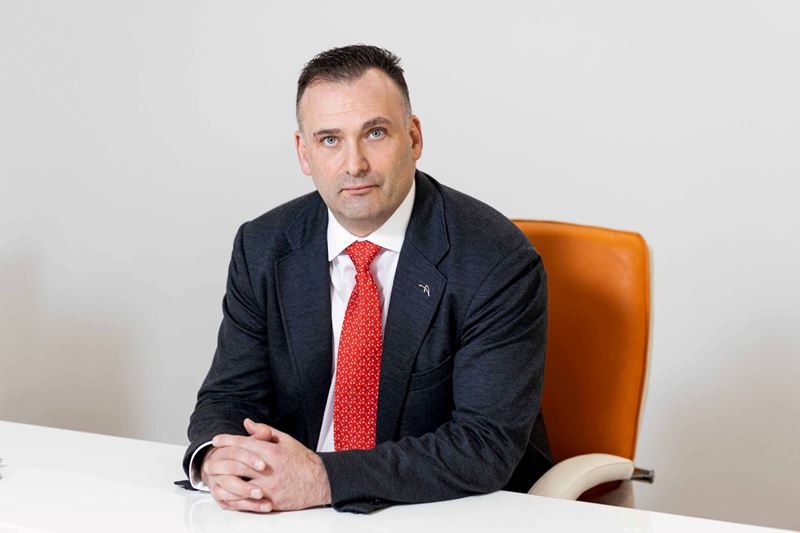
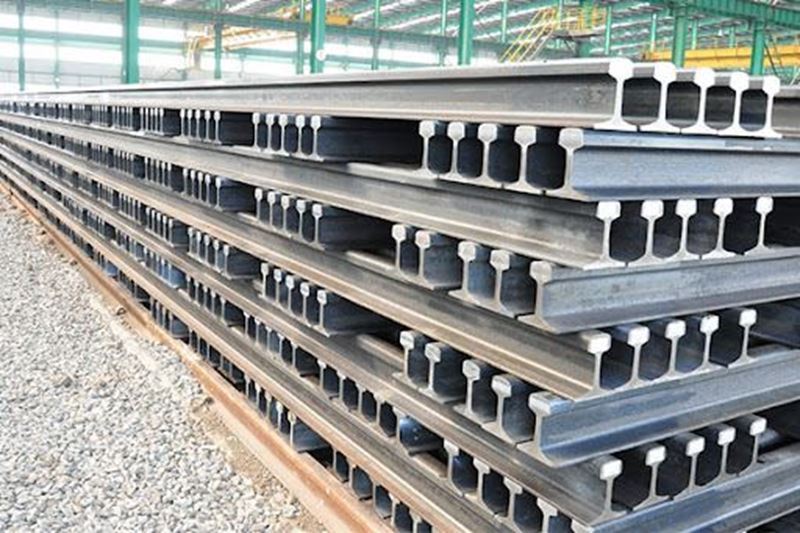
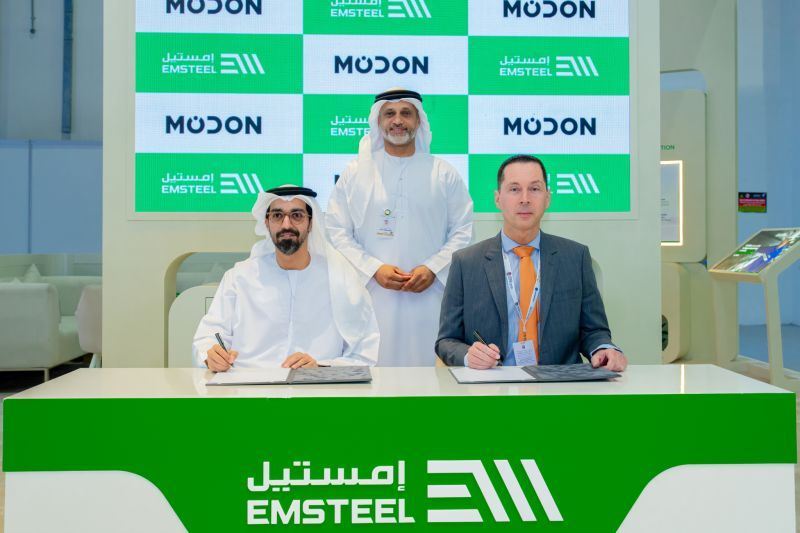
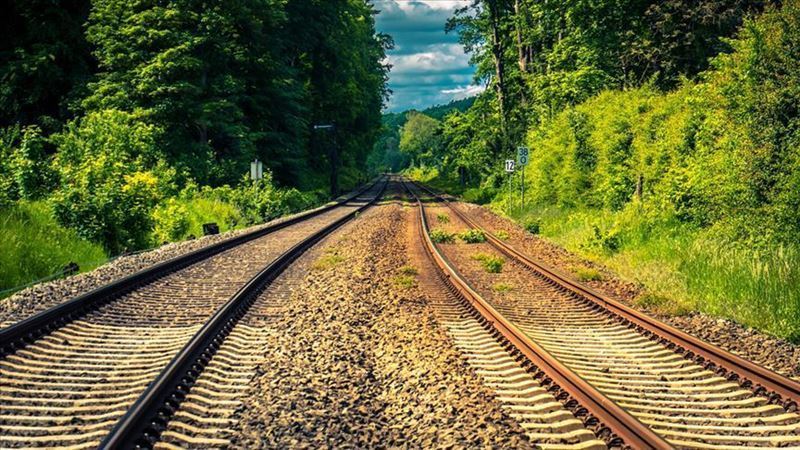
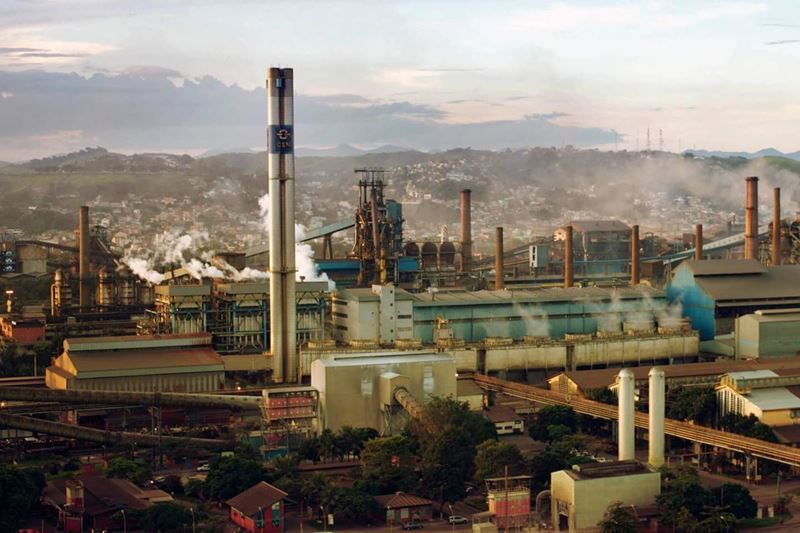
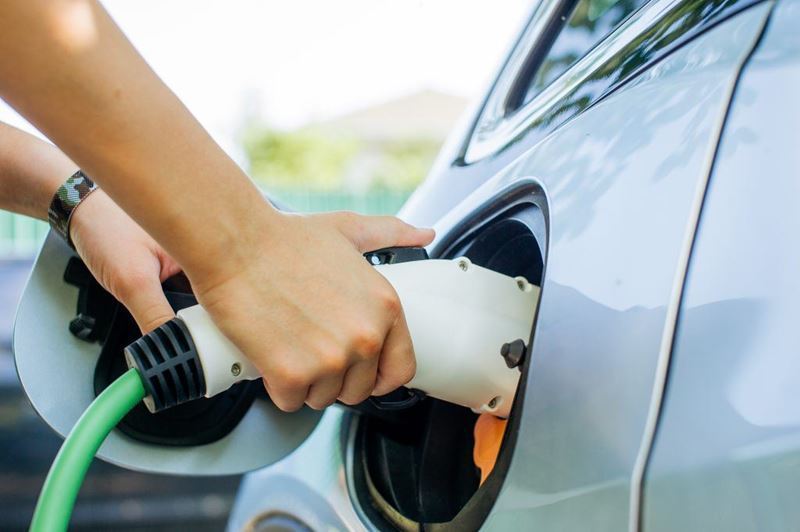


Comments
No comment yet.